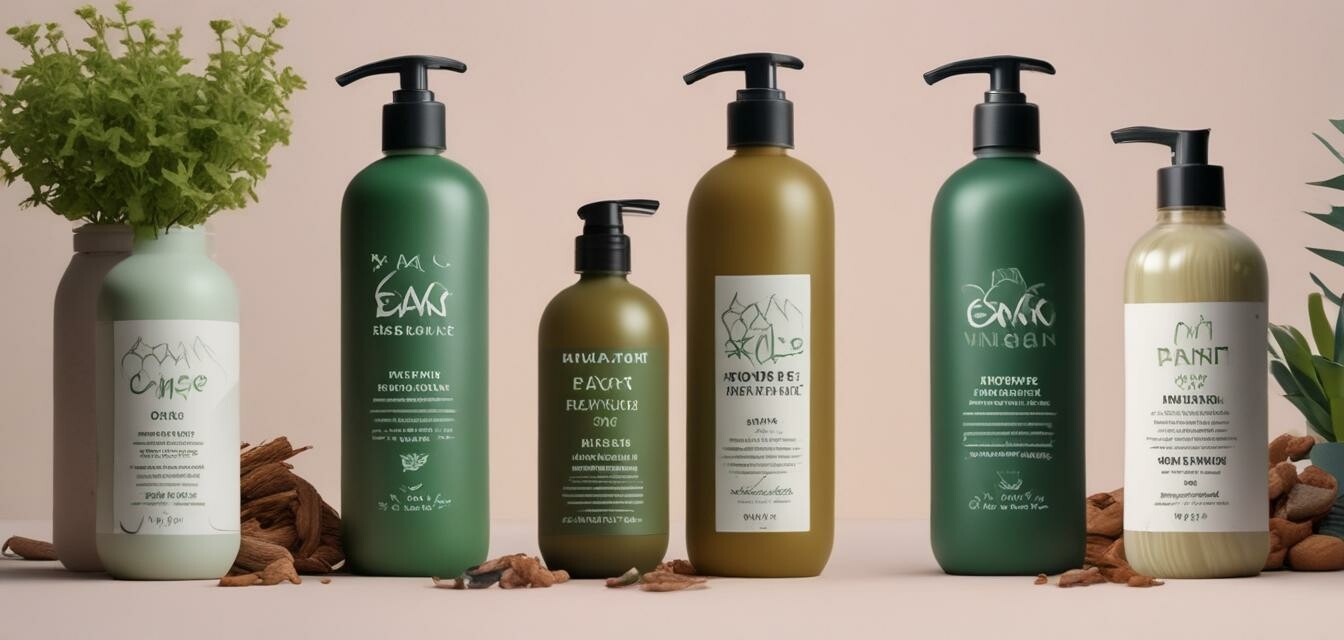
Exploring the Benefits of Sustainable Hair Products
Key Takeaways
- Sustainable hair products focus on eco-friendly ingredients and packaging.
- These products benefit not only your hair but also the environment.
- Brands are increasingly adopting environmentally friendly practices, reflecting a growing consumer demand.
- Choosing sustainable brands contributes to a healthier planet for future generations.
- Understanding the benefits of sustainable hair care aids in making informed choices.
The hair care industry is experiencing a shift towards sustainability, especially in the Dominican market. Consumers are becoming increasingly aware of their environmental impact, leading to a rise in eco-friendly hair care products. This article explores the benefits of sustainable hair products, focusing on their ingredients, practices, and the positive effects they have on both hair health and the planet.
The rise of sustainable hair care products
With more consumers demanding products that align with their values, many brands are stepping up by offering sustainable options. This transition is not merely a trend but a necessary evolution to meet the needs of today's environmentally conscious shoppers. The shift in focus is evident in:
- Ingredient sourcing: Plant-based and organic components are being favored over synthetic alternatives.
- Eco-friendly packaging: Brands are using biodegradable and recyclable materials.
- Ethical production: Companies are adopting fair trade practices and reducing their carbon footprints.
Benefits of sustainable hair products
Sustainable hair products are designed to be gentle on both your hair and the environment. Here are some notable benefits:
1. Natural ingredients
Products using natural ingredients lead to healthier hair without the potentially harmful side effects of harsh chemicals. Common natural ingredients include:
| Ingredient | Benefits |
|---|---|
| Coconut oil | Moisturizes and revitalizes hair while providing shine. |
| Aloe vera | Hydrates and soothes the scalp, promoting healthier hair growth. |
| Shea butter | Deeply nourishes and softens hair, aiding in moisture retention. |
2. Eco-friendly packaging
Many sustainable brands prioritize using eco-friendly packaging, which significantly reduces waste. Some common packaging alternatives include:
- Biodegradable containers
- Refillable bottles
- Glass containers
This approach minimizes the environmental impact associated with traditional plastic packaging, making it a small but impactful change in consumer habits.
3. Supporting ethical practices
By choosing sustainable brands, consumers can support ethical production methods. This includes:
- Fair labor practices that ensure fair compensation for workers.
- Local sourcing of ingredients to support communities.
- Transparency in sourcing and production processes.
How to identify sustainable hair care products
It might be challenging to distinguish between truly sustainable products and those that merely market themselves as such. Here are some tips to help make informed choices:
- Look for certifications such as Organic or Fair Trade.
- Read the ingredient list: the shorter and more natural, the better.
- Research the brand’s mission statement and sustainability initiatives.
- Check for information about packaging and recycling options.
Current trends in sustainable hair care
The shift towards sustainability is reflected in the emergence of new trends in the Dominican hair care market. Some notable trends include:
- Popularity of vegan and cruelty-free products
- Increase in DIY hair care recipes using accessible natural ingredients
- Heightened awareness and usage of refill stations at local retailers
Conclusion
Embracing sustainable hair care products is a win-win: you can achieve beautiful, healthy hair while contributing to a healthier planet. As consumers continue to prioritize sustainability, brands will keep innovating and offering more eco-friendly options. Consider exploring sustainable hair care options through our Hair Care Tips for better choices that align with your values.
Pros
- Healthier hair with natural ingredients
- Less environmental impact from packaging
- Support for ethical production and fair labor
- Hot trends and innovative products in the market
Cons
- Higher price point for some sustainable products
- Limited availability in certain regions
For further insights into sustainable practices in the industry, visit our News and Trends section.

